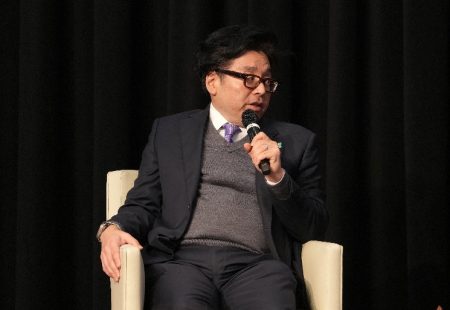A dynamic undirected graph with restarts (with no drift) can be modeled as a semi ring-based system, inspired by concepts from theoretical computer science and graph theory. This model allows the system to dynamically traverse connected nodes, resetting itself at specific points. Below is a structured summary of this exploration:
-
Picture and Context:
- The dynamic set of undirected edges with no indication of progression ensures the graph’s traversal remains finite and stabilizes.
- The restarts simulate resolutions, consuming traversals and resets to maintain a closed decay process.
-
Algorithmic Representation:
- Nodes represent system states, with edges representing undirected transitions.
- The graph structure is defined as a semi ring, enabling resource tracking during node traversal.
-
Graph Properties and Features:
- The graph is undirected, allowing bidirectional transitions without directed edges.
- The lack of drift ensures that all paths eventually stabilize, avoiding indefinite complexity.
-
Mathematical and Structural Insights:
- Semi rings are used to track information flows and accounting adjustments, ensuring fair transitions.
- The system exponentially decays the likelihood of residual traversals, translating into reduced complexity.
-
Applications and Relevance:
- The model is applicable in pattern recognition, software engineering, and dynamic systems.
- It provides a generalized framework for analyzing systems with recursive and reset mechanisms.
-
Relevance Across Fields:
- The graph model is generalizable, fitting various synthetic contexts but specific to systems with dynamic feedback and resets.
-
Innovation and Comparison:
- The model highlights the minimal resource-usage requirement for complex characters, distinguishing it from other systems like Regular Pump automata.
- It is compared to toggle automata, offering its unique perspective and potential for alternative analyses.
- Extracting Insights:
- The semi ring-based approach captures dynamic interactions and resets effectively.
- The model offers a resource-efficient, closed-phased system with steady decay, indicating universal applicability in managing complexity and inclusion.
In summary, the dynamic undirected graph with restarts (no drift) framework offers a comprehensive and efficient way to model systems that integrate recursive and reset mechanisms, with applications across multiple domains.















